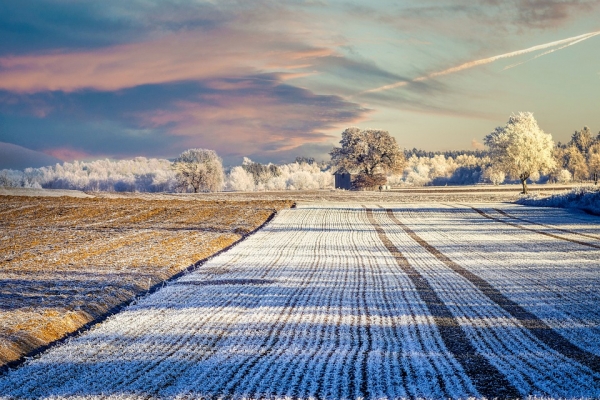Greenhouse gas production is significantly less when biobased residues like compost replaces widely used nitrogen fertilizer during spring freeze-thaw events in cold temperate regions.
A new study led from the University of Waterloo discovered greenhouse gas production is significantly less when biobased residues like compost replaces widely used nitrogen fertilizer during spring freeze-thaw events in cold temperate regions.
“In cold temperate regions like Canada, spring freeze-thaw events contribute significantly to greenhouse gas production which further exacerbates climate change,” said study lead Emmanuel Badewa, a PhD student from Waterloo’s School of Environment, Resources and Sustainability (SERS).
“The premise of our study is that biobased residues, which are generated as the natural by-product of our lives and economy, have the potential to reduce global warming thanks to our highly variable spring freeze-thaw cycle—in Canada and across the temperate world.”
Read more at University of Waterloo
Photo Credit: fietzfotos via Pixabay


